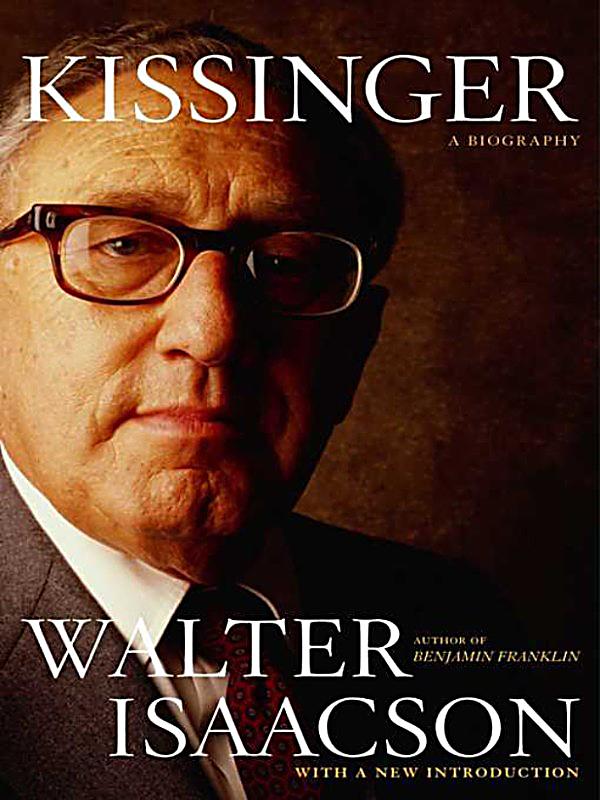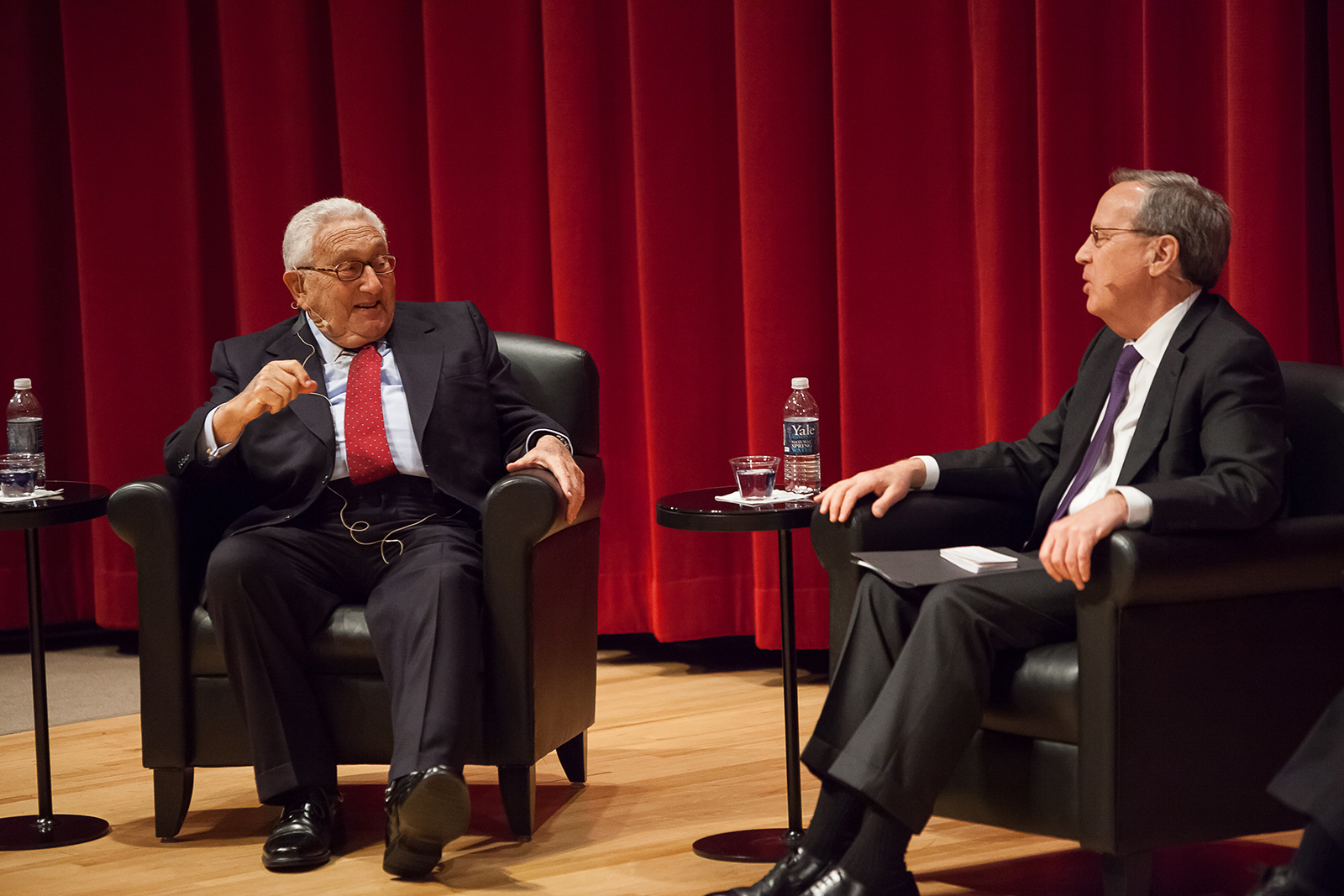

Army in the 84th Infantry Division, where he participated in piercing the Siegfried Line, survived the Battle of the Bulge, and ultimately crossed the Rhine River. Instead, it is Kissinger as tragedian and realist, whose worldview is grounded in history and geopolitics.Īnd then there was the Second World War - of which the Holocaust was a part - which was perhaps history’s greatest tragedy as tens of millions were slaughtered on battlefields, in cities, on islands, in the air, at sea, and in gulags and concentration camps, culminating in the destruction of Hiroshima and Nagasaki by atomic bombs. Niall Ferguson’s “ idealist,” as he titled a biography about Kissinger, is nowhere present in those books. This is most evident when you compare one of his first books, A World Restored (1957), with his magnum opus, Diplomacy (1994), and one of his recent books, World Order (2014). In his nearly 70 years of public life as a Harvard professor, government official, and author, Henry Kissinger’s worldview has remained remarkably consistent in the face of a world full of change.

All of these leaders, Kissinger writes, looked to history and intuited future international trends to “set objectives and lay down a strategy.” The book analyzes the statesmanship of Germany’s Konrad Adenauer, France’s Charles de Gaulle, Egypt’s Anwar Sadat, Singapore’s Lee Kuan Yew, Britain’s Margaret Thatcher, and America’s 35th president, Richard Nixon, for whom Kissinger served as National Security Adviser and Secretary of State. This July, Henry Kissinger’s new book Leadership: Six Studies in World Strategy will be released.


 0 kommentar(er)
0 kommentar(er)
